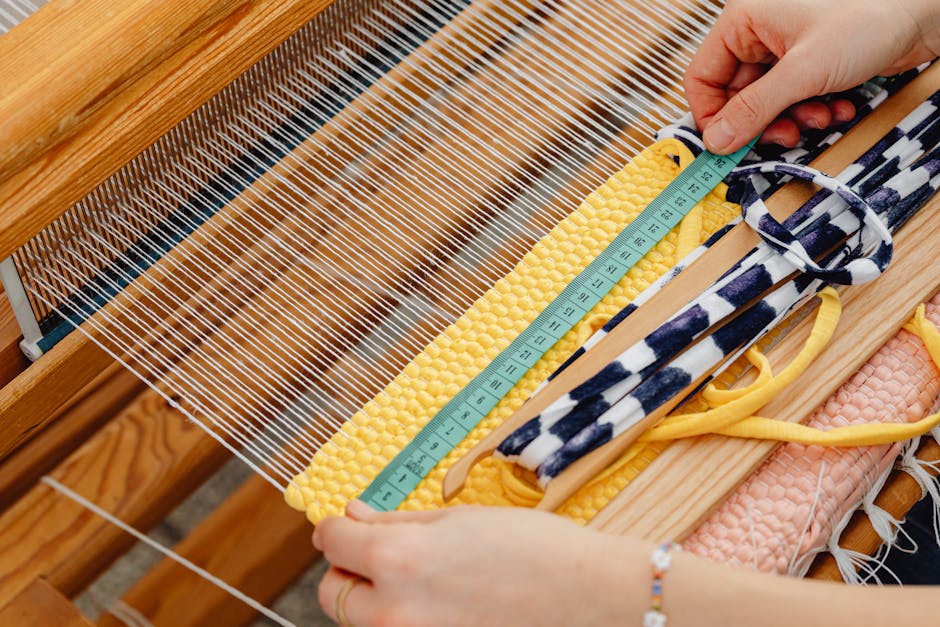Embarking on a hobby is often a journey of self-discovery and creative expression. From intricate pottery creations to meticulous quilting patterns, the pursuit of hobbies offers profound personal rewards. However, simply picking up a craft doesn’t guarantee mastery. Proficiency in hobbies, like any skill, requires dedication, focused practice, and a willingness to learn and adapt. This exploration delves into the multifaceted approaches for enhancing your abilities in your chosen hobby or craft.
Initial Steps Towards Mastery: Foundations for Improvement
Begin by honestly assessing your current skill level. What are your strengths? What aspects of the craft do you find challenging? A frank self-evaluation is the cornerstone of targeted improvement. For instance, if you’re a beginner knitter struggling with garter stitch, dedicated practice and focused tutorials can make all the difference. Conversely, someone adept at watercolor painting might find innovative techniques in blending colors or mastering atmospheric perspective. Identifying these areas of focus directs your efforts effectively.
Strategies for Targeted Skill Enhancement: Beyond Basic Techniques
Beyond simply practicing fundamental techniques, cultivating a deep understanding of the craft is essential. Explore the theoretical underpinnings of your chosen hobby. Reading relevant books, articles, or online resources, attending workshops, and watching instructional videos expands your knowledge base and provides a broader perspective. Understanding the historical context, cultural influences, or even the scientific principles behind a craft deepens your appreciation and enables more innovative applications. For instance, understanding the chemical reactions involved in dyeing fabrics adds a new dimension to textile crafts.
Harnessing the Power of Deliberate Practice: Mastering the Craft
Deliberate practice, a cornerstone of skill acquisition, isn’t merely repetitive action. It’s about focusing on specific areas needing improvement, breaking down complex tasks into smaller, manageable components, and seeking feedback. A seasoned potter might meticulously analyze the subtle nuances of glaze application and seek criticism from experienced colleagues. A woodcarver might focus on the precise angles and proportions required for a specific motif and solicit feedback from fellow artisans.
Seeking Feedback and Learning from Others: The Importance of a Supportive Community
Feedback from others plays an indispensable role in shaping your skills. Engaging with a supportive community, whether online or in person, is invaluable. Sharing your creations, asking questions, and receiving constructive criticism can unearth hidden weaknesses and highlight areas for improvement. Craft fairs, local workshops, and online forums often host vibrant communities where discussions and shared experiences foster mutual growth.
Utilizing Resources Wisely: Tools, Techniques, and Materials
The tools and materials used in a craft can significantly impact your ability to produce high-quality work. Investing in quality tools, even if it means prioritizing quality over cost in the initial stages, can improve efficiency and enhance the quality of your final product. Furthermore, exploring alternative materials or techniques can spark creativity and innovation. If you’re a beginner embroiderer, experimenting with different thread types can lead to exciting texture variations.
Adaptability and Innovation: Embracing New Challenges
The journey of skill enhancement in any hobby often involves experimenting and adapting to new challenges. Stepping outside your comfort zone is crucial for growth. Embarking on projects that push your creative boundaries, exploring unusual combinations of materials, or experimenting with a new technique can expose new horizons in your craft. A weaver might experiment with novel patterns and color palettes to create a unique tapestry, or a calligrapher might explore different scripts and writing styles. Embrace experimentation as a catalyst for innovation and advancement.
Adapting to Limitations and Setbacks: Perseverance and Resilience
Every journey of skill development encounters obstacles. Not all projects will turn out as expected, and there will be times when you feel frustrated. Don’t let setbacks deter you. Learning to analyze mistakes and identify areas for improvement is essential. Maintaining a positive attitude and seeking out support, whether through mentorship or collaboration, will bolster your resilience and help you overcome challenges. For a quilter facing a challenging block pattern, dissecting the mistake and identifying the underlying problem can transform the setback into an invaluable learning experience.
Continuous Learning and Evolution: A Lifelong Journey
The pursuit of skill in a craft is a lifelong journey. The craft community, online resources, and workshops will provide continuous opportunities to expand your knowledge and refine your techniques. Always be open to learning new techniques, materials, or designs. For instance, a ceramicist might explore different firing methods to achieve specific effects or a woodworker might discover innovative joinery techniques to create structurally sound pieces. Embrace the continuous evolution inherent in the artistic process, and never stop seeking opportunities for growth.
